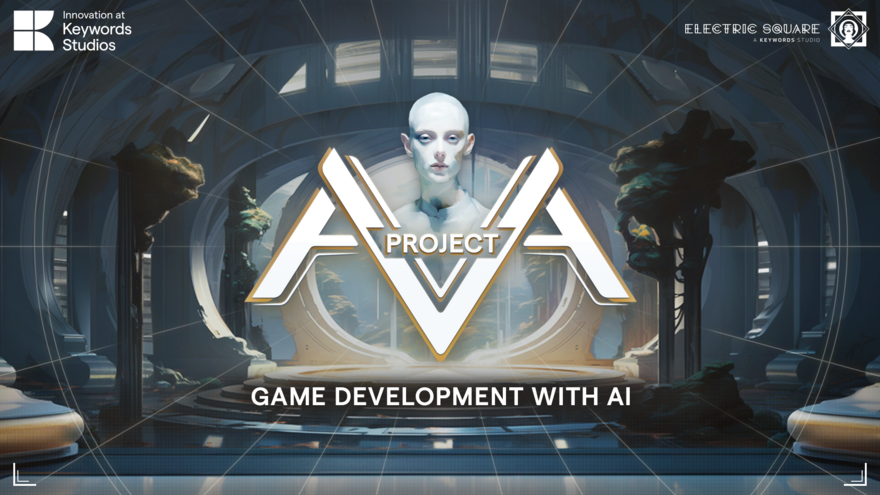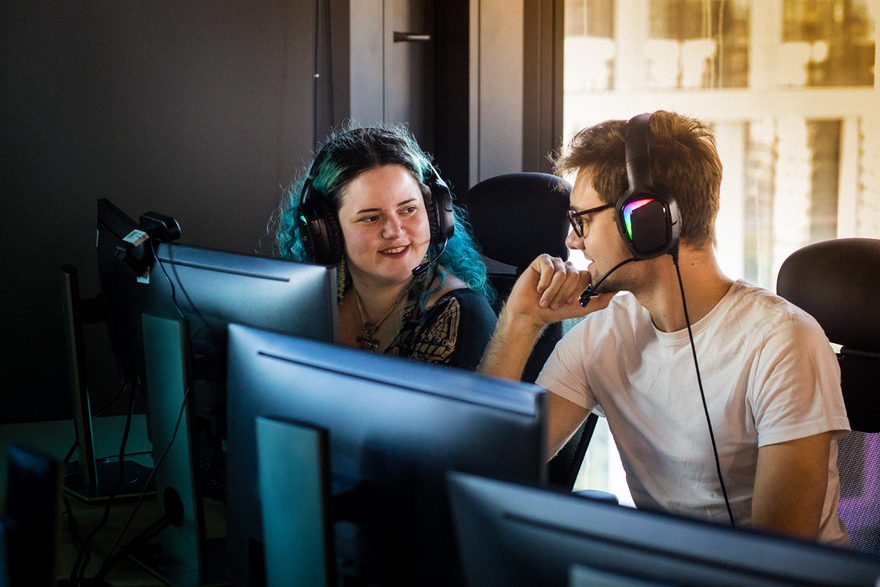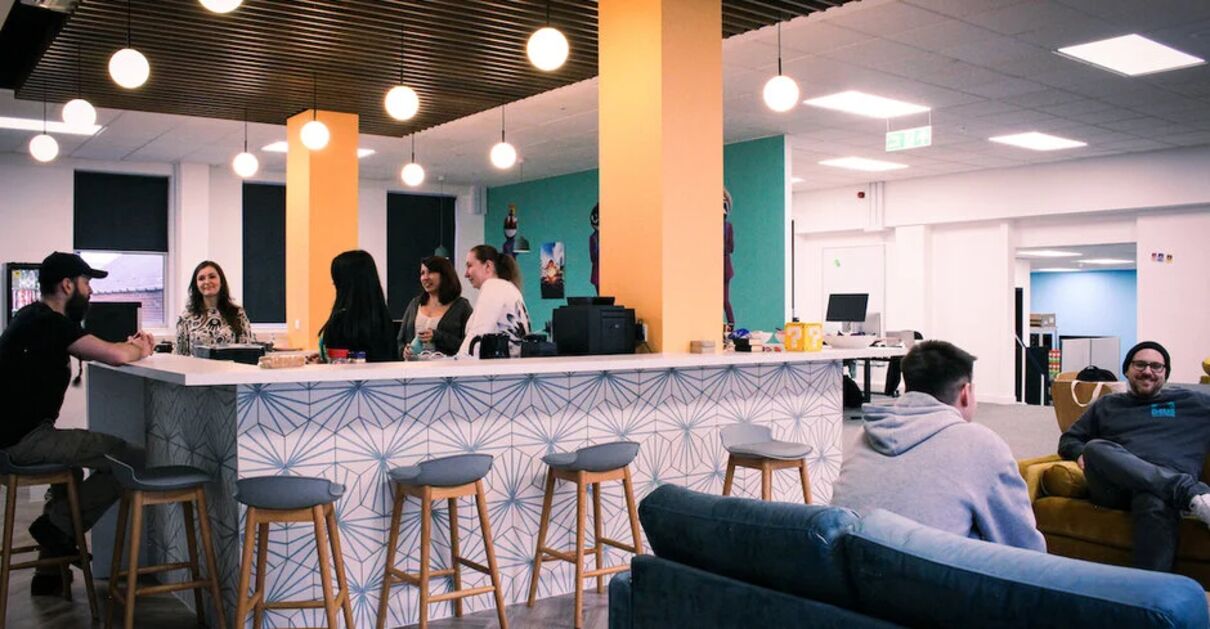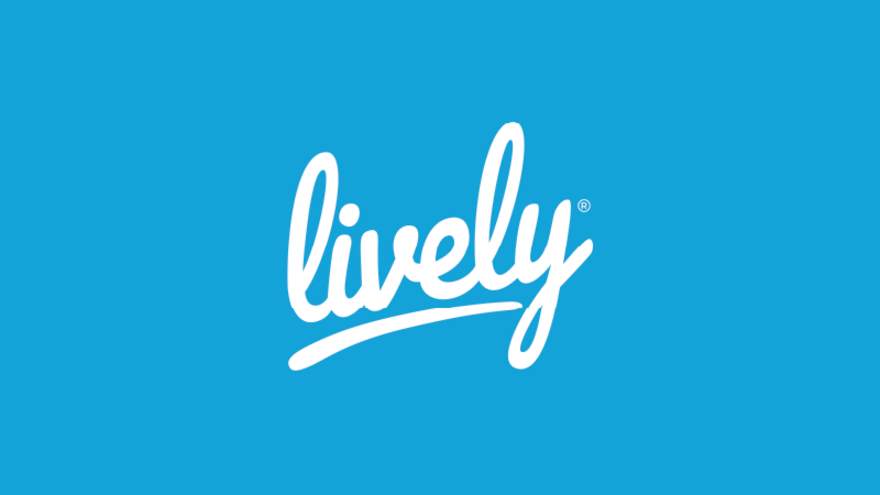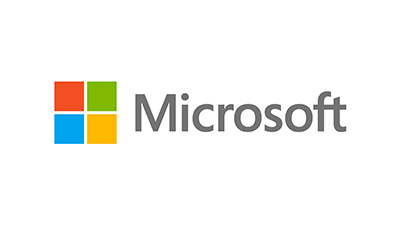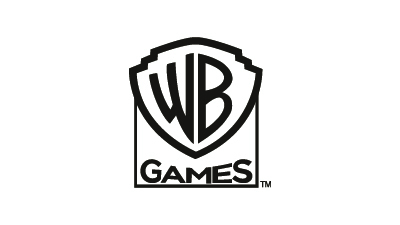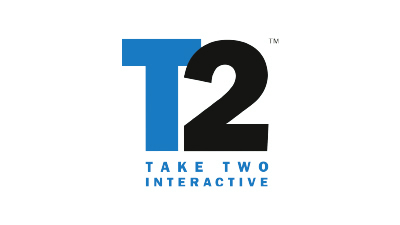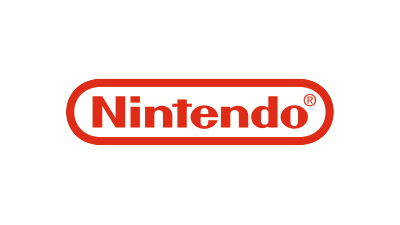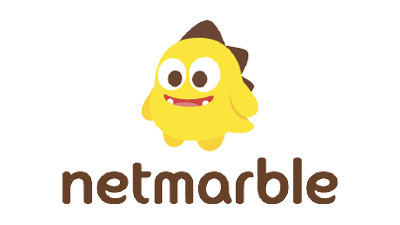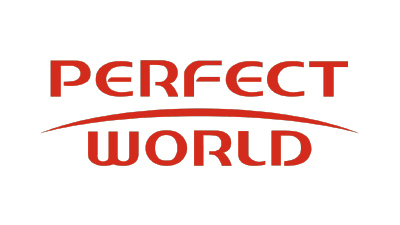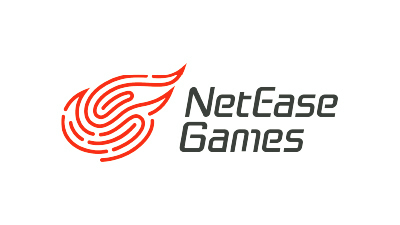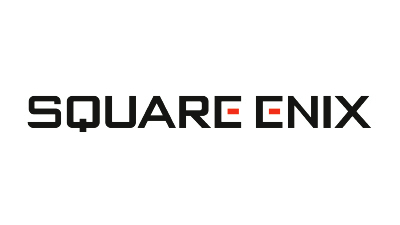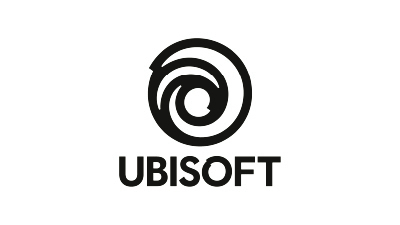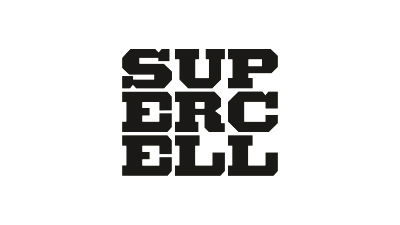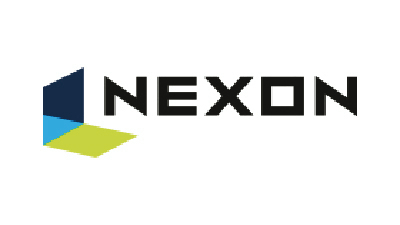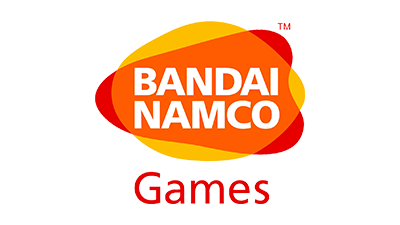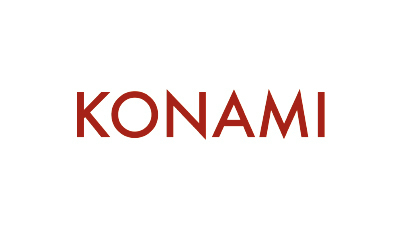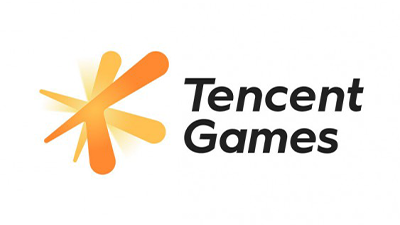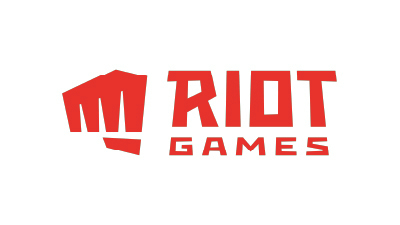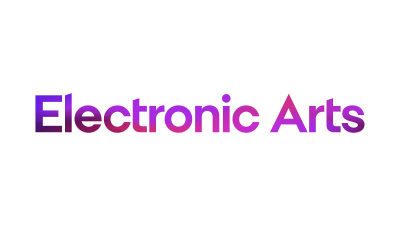The Future of Live Service Games: Games as a Service
Mark Sorrell, Studio Design Director at Lively, a Keywords Studio, discusses the future of the Games as a Service (GaaS) model and its potential transition into a service model of its own.

There is little question that Games as a Service (GaaS) is a model that has been in the ascendency for some time, and one that shows little sign of stopping any time soon. It started on PC with MMOs (massively multiplayer online games), and mobile has been running a GaaS model by default since the app store opened in-app purchases in 2009, with the console market also increasingly adopting this model.
It makes sense on its face. Game development can be difficult, expensive and risky. If you do manage to capture magic in a bottle, why not keep pouring from that bottle to the very last drop? Not only can you keep players invested and keep drawing revenue from your player-base for months or years to come, you can also steer players away from other games, making sure you’re on the right side of the zero-sum. After all, there are only so many players and so many hours in a day. It’s a model that makes sense to developers, and its success demonstrates that a great deal of players love it too.
So, where the development industry leads, so will the development service industry follow. To sum it up as annoyingly as possible, we should expect to see the emergence of GaaSaaS – Games as a Service, as a Service. I’m sorry!
Console and PC co-development has been around for as long as game development has existed. As games get ever more complex and high-fidelity, the need to bring in more bandwidth, or specialist skills, while keeping risk low and preventing unsustainable internal growth, is only mounting. It’s natural, then, that as games become more GaaS-orientated, they will benefit from external support not just in their initial development period, but further down the road as well. Through our extensive game development services, Keywords Studios is already leading the way in terms of providing the raw content for video games, but what of operating these games as successful businesses?
The skills required to build a successful traditional game product are not the same as the skills needed to build, and more importantly, run a GaaS product. Everything from the temperament and passions of the team through to the actual jobs, skills and experience required are different, sometimes to the point of being in total opposition. Teams that excel at building and teams that excel at running are often very different beasts. These are the skills and temperaments that we have been building here at Lively.
At major AAA companies, historically GaaSaaS (sorry again) was handled via 'insourcing', meaning that profitable games are moved to other internal studios or teams, to free the hitmakers up to start a new project. As the industry contracts, there are fewer resources available to maintain these legacy titles and, subsequently, many are put out to pasture. At Lively, we see this as a new frontier for co-development and a great opportunity for our clients to mitigate risk while continuing to maximise profit and player engagement.
There is a golden opportunity for a broadening of the nature of relationships developers can build with service providers and here at Lively, we’re in the perfect position to help deliver on that opportunity.
